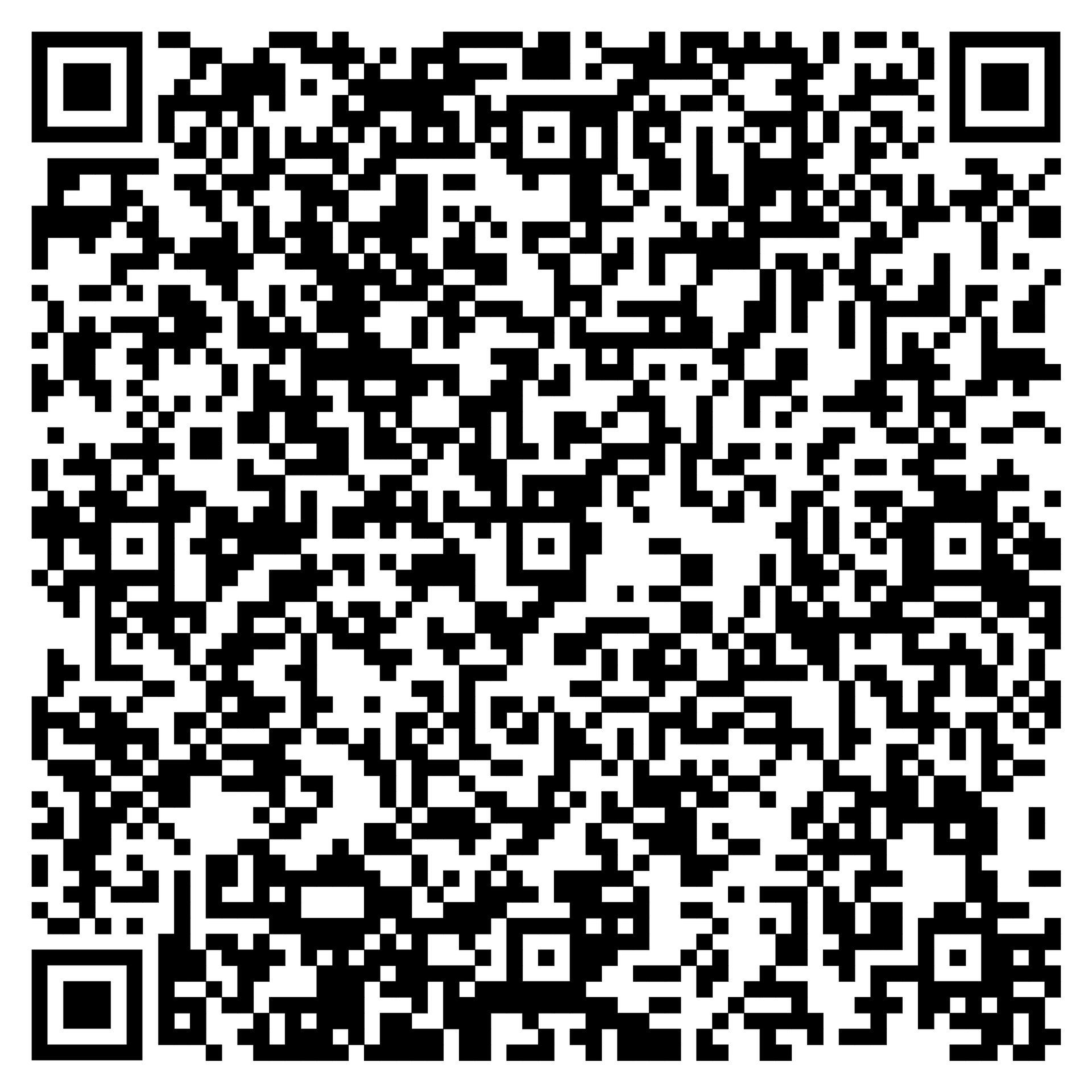Communication under stress
We had been on our way for 30 minutes when we finally made contact with our mission commander on board the US-Destroyer which has been on scene for some time now. Lacking an asset like us, the request was made to our commanding officer that we help out as a vital asset to our American friends. After the alert we lit the fires and went off towards the scene of action. After we established comms with the mission commander we received a briefing about the tactical situation including threat level and safety distances which depended on what kind of threat we had to expect.
Arriving on scene we took station as per our briefing and watched out for the things to come…….of course at this point in time we had no idea how rough things were about to get. But this is a different Story.
In situations like this the quality of communication is crucial. Two different nationalities and cultures under normal circumstances is already a challenge but in a high threat scenario it lifts to new highs.
How do you communicate and how does your communication change under stress?
When under pressure i.e stress, our ability to communicate can degrade rapidly. First thing you´ll lose ist the ability to listen. Your brain will not process the things that your ears pick up. This was alarming in the cockpit and a serious sign of mental overloading. I have witnessed this a few times in my career.
Next you lose when stress keeps building up is the ability to speak.
At a certain stress level everyone locks up.
Mental fixation follows and brain lock up is complete. When this happens immediate reduction of the stress level is paramount. Which isn't that easy to do in a hot mission.
We depended on effective communication which wouldn't break down when stress levels rose.
For this reason our communication followed three fundamental pillars
- Clear
- Concise
- Context related
We used a lot of standard phrases which were directly related to the context in order to reduce complexity. A common set of phrases allowed a clear communication even in high stress situations, which put our communication and what to expect into the adequate context. Again the context shapes the way we behave and communicate. Hence expectations in terms of what reply to expect from the communication partner were set and reduced misunderstanding.
To allow a high effective and efficient communication under stress we simplified it. Using context related phrases, free of interpretation or need to read between the lines which allowed us to reduce the complexity and increase effectiveness.
And all of this to do one thing and one thing alone to serve the purpose of completing the mission.
Communication in teams and organizations is paramount in a high stress, high pressure environment. And yet I observe an ever degrading quality of communication. I observe a more and more focus on non-context related communication than what is relevant for the mission, the task, the objective. Nowadays organizations seem to serve individual expectations of what is said and how it is said, when it is said or even if it is said at all. To serve every individual strive for wellbeing. It seems as if the purpose of communication - allow mission/task completion has been lost on the way or if it has diverged from the original path.
What is your expectation in terms of communication?
Does the task at hand dominate or your individual needs?
How much do personal feelings influence your communication?
As a pilot my brain was trained to make use of communication to serve the mission, not the individual.
Does this mean we communicated harshly or hurtful to the individual? No, not at all. The cockpit was and is not the place for harsh and hurtful communication. It was, at least in that respect, a quiet place where professionalism took place.
But we took our personal feelings out of the equation and focused on what needed to be said without wasting energy and time on whether we respected the very individual expectations. Our “culture” was allowing a mission oriented ,high effective communication leaving personal feelings out.
This allowed us to fly the missions we flew and complete the task across different nationalities.
What could that mean for you and your teams?
Focus on the task ahead- Align the communication to serve the task
- Reduce complexity in the way of communication
- Leave everything not related to the task aside
- Be concise but not harsh
- Acknowledge feelings but don't let them dominate your communication
- Professionalism is the ability not to take it personal
It might not be easy but it is worthwhile.



